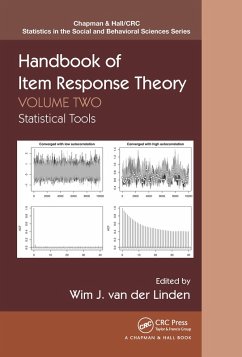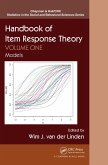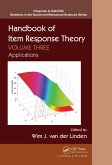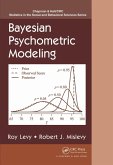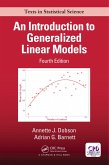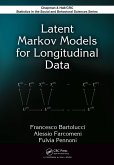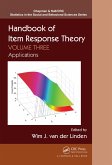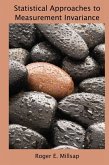Dieser Download kann aus rechtlichen Gründen nur mit Rechnungsadresse in A, B, BG, CY, CZ, D, DK, EW, E, FIN, F, GR, HR, H, IRL, I, LT, L, LR, M, NL, PL, P, R, S, SLO, SK ausgeliefert werden.
~Journal of Statistical Computation and Simulation
"(...) the handbook presents a huge compendium of models which could be innovative even for specialists in IRT and related applied research. It can definitely be useful for lecturers and graduate students, researchers and practitioners in applied psycho-sociological projects. Actually, it can be useful in much wider area of research because it describes a large variety of statistical techniques valuable in estimations for many other problems beyond IRT."
~Stan Lipovetsky in Technometrics, August 2021

